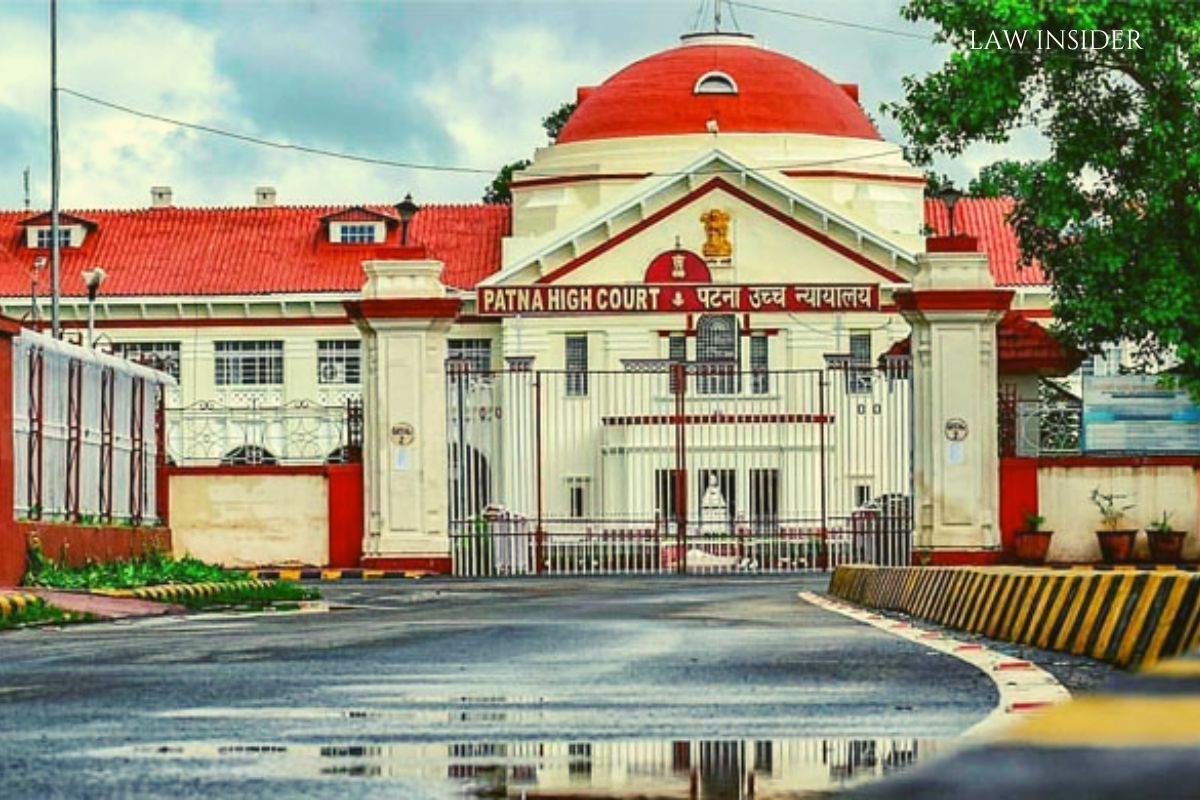LI Network
Published on: 29 September 2023 at 17:19 IST
The Patna High Court has ruled that parties cannot confer jurisdiction on a court or authority that lacks jurisdiction, even with their consent.
This declaration was made while considering an application to set aside an award issued by the Permanent Lok Adalat in a Partition Suit, which had divided the suit property between the petitioners and the private respondents based on a compromise petition.
Justice Sandeep Kumar, in a Single Bench, emphasized, “A Court/Authority having no jurisdiction in the matter cannot be conferred jurisdiction by the parties with their consent, and the order passed by the said Court/Authority having no jurisdiction over the subject matter is a nullity in the eye of the law.”
In this case, the petitioner, a practicing lawyer based in Patna, often stayed in the city. The petitioner’s son and the respondent, who was the petitioner’s brother, decided to partition their property equally since they were full brothers and the property belonged to them alone.
Consequently, the petitioner and the respondent jointly filed a Partition Suit in the Permanent Lok Adalat for partition. A settlement was reached between the parties, and the petitioner and his son were summoned to the Civil Court by the respondent. They were informed that a compromise petition was being prepared, dividing the ancestral property into equal shares. Based on this representation, the petitioners signed the compromise petition.
After the compromise, the petitioner began cultivating his half-share of the agricultural property. However, in 2011, the petitioner’s son was diagnosed with a kidney ailment, and the petitioner intended to sell a portion of his share of the property to fund his son’s treatment. The petitioner accepted an advance of Rs. 2,00,000 from a buyer.
The respondent objected to the sale, arguing that the petitioner could not sell his half-share as it was smaller. The petitioner then applied for a certified copy of the Permanent Lok Adalat’s award and discovered that the respondent had deceived him.
The schedule showed that the respondent had been granted one-fourth of the property. Realizing the fraud, the petitioners approached the High Court through a writ petition.
The High Court determined that in this case, the subject matter of the Partition Suit did not pertain to any Public Utility Services over which the Permanent Lok Adalat could exercise jurisdiction.
Consequently, the High Court declared that the Permanent Lok Adalat’s award was made without jurisdiction and allowed the application to set aside the award.
Case Title: Lallan Pandey & Anr. v. The State of Bihar & Ors.

